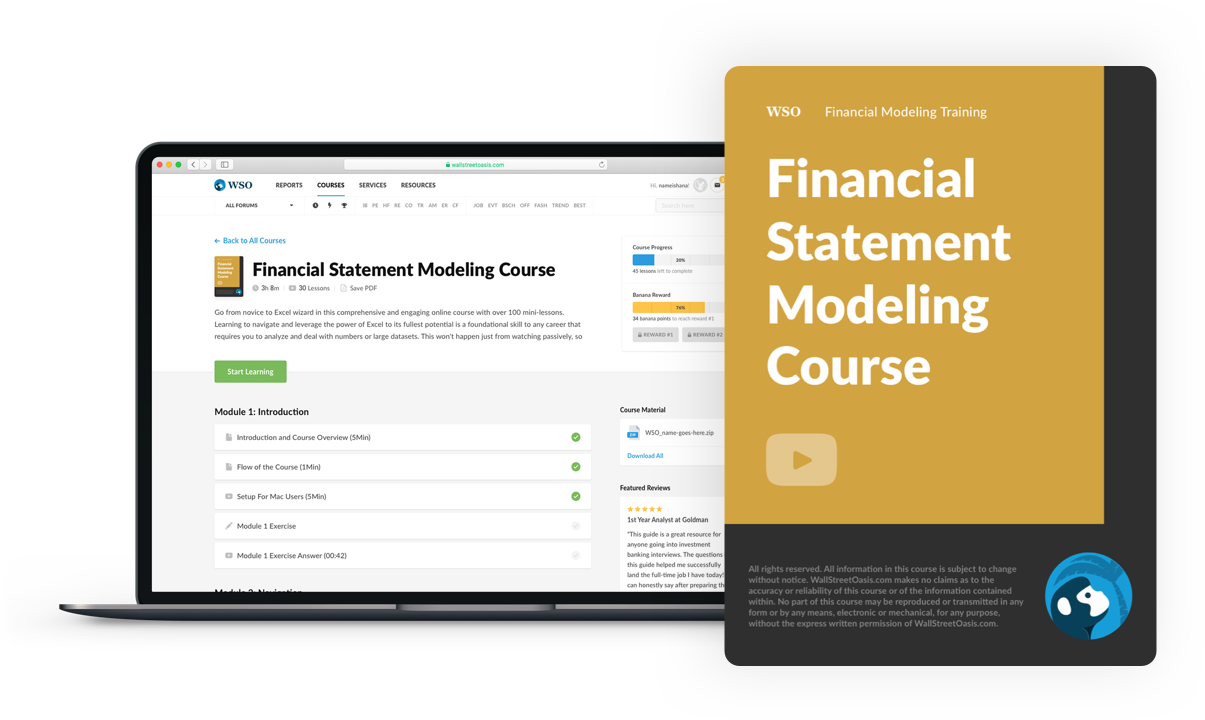Education Loan
It is a financial aid that helps a student borrow funds to pay for admission fees, rent, books, and other related expenses associated with their studies.
What is an Education Loan?
An educational loan is a financial aid that helps a student borrow funds to pay for admission fees, rent, books, and other related expenses associated with their studies.
These loans are available from different financial institutions, such as banks or private lenders. They can be availed by students pursuing higher education in their home country or abroad.
Education is an invaluable asset that opens doors to endless opportunities. However, the cost of higher education often poses a financial challenge. This is where education loans become a beacon of hope for aspiring students pursuing their dreams.
As a prospective student, funding your higher education can be intimidating. However, with thorough knowledge and understanding of these loans, you can pave the way to success without drowning in debt.
Educational loans serve as an instrument for supporting student's finances to achieve their educational objectives.
Eligibility for education loans typically revolves around academic performance, the cosigner's credit history, and institutional accreditation, which is pivotal for successful loan approval.
Key Takeaways
- Education loans are available in various forms, including federal, private, and parent loans.
- Applying for education loans involves researching options, gathering essential documents, and filling out application forms.
- Effective management of education loan debt requires proactive financial planning.
- Education loans offer accessibility to quality education. However, challenges and their impact on financial stability need careful consideration.
- Exploring alternatives like scholarships and grants is beneficial.
Types of Education Loans
Several loans can be considered when financing your education. The most common types are:
- Domestic Education Loans: Students take this loan to study in their own country. Many institutions, like banks, credit unions, and even government-backed agencies, offer them. The terms and interest rates for these domestic education loans can vary. This depends on the lender's rules and the government's guidelines.
- International Education Loans: International education loans come into play for students studying abroad. These loans are specifically designed to cover expenses related to education in foreign countries. They often consider factors like currency exchange rates, living expenses, travel costs, and tuition fees.
- Undergraduate Education Loans: These are designed for students working towards a bachelor's degree. They often cover costs like tuition, books, and additional undergraduate academic needs.
- Graduate Education Loans: For students going past their bachelor's degree to study more, like getting a master's or a PhD, graduate education loans could help. They focus on the unique money needs of grad school, like costs for research, further studies, and expert classes.
- Vocational or Professional Education Loans: Loans designed for vocational or professional courses, such as technical training, certification programs, or specific vocational studies, fall under this category. These loans may cover costs related to skill-based training programs or courses that lead to specific professional qualifications.
- Study-Specific Education Loans: There are some loans for particular fields of study, such as medical, engineering, law, or the arts. These specialized study loans may have distinct terms and conditions to accommodate the unique financial needs of those fields.
- Part-Time or Online Course Loans: Loans intended for part-time or online courses are available for students pursuing education through non-traditional modes. These loans might have flexible repayment terms and cover course fees for distance learning or part-time educational programs.
- Federal Loans: Backed by the government, these loans offer low-interest rates and flexible repayment options such as the standard, extended, and income-based ones.
- Private Loans: Private lenders offer these loans with varied terms and interest rates based on credit history.
- Parent Loans: Designed for parents to finance their child's education, these loans have specific eligibility criteria.
How to Apply for Education Loans
The application process for education loans is straightforward. Here are the steps involved in applying for an education loan:
- Look into Loans: Explore various loans. Compare their rates of interest, payback options, and terms.
- Gather Documents: Get together essential documents, including proof of enrollment, school records, personal ID, and mailing address. Suppose you are applying for a federal loan. In that case, your family's finances play a role in deciding your qualification for different federal aid schemes. A credit check is usually required for private loans. You might need a cosigner if you have limited credit history or low income.
- Application: Fill out the application form and submit it along with the required documents. The Free Application for Federal Student Aid (FAFSA) must be completed to get federal student loans. For private student loans, submit a form to the bank directly.
- Acceptance: If the student fits the lender's criteria, the lender will check the paperwork and say yes to the loan.
Tips for Managing Education Loan Debt
Managing education loans effectively demands proactive strategies and financial acumen. Here are some tips to help you navigate this aspect of your life:
- Budget your money: Set up a budget to track your spending. This can help ensure you can afford your loan payments each month. Adjust your spending to stick to your budget.
- Borrow responsibly: Only take loans necessary for your education. Explore part-time jobs, scholarships, and grants to reduce dependence on loans.
- Pay interest while in school: If you can, start paying off the interest on your student loans while you're still in school. This can lower your loan costs considerably.
- Look into loan forgiveness options: Check out available loan forgiveness opportunities, like the Public Service Loan Forgiveness (PSLF) program. You could get relief if your job is in specific public service fields.
- Stay updated: Stay in touch with any updates on your loan conditions, ways to pay it back, or forgiveness options. Being aware of your rights and opportunities relates to wiser decisions about your student loans.
Advantages of Education Loans
Education loans offer multifaceted advantages, empowering students and contributing to their future prospects:
- Access to Quality Education: Education loans ensure access to superior education, irrespective of financial limitations, paving the way for career advancement and personal growth.
- Flexibility in Repayment: These loans offer flexible repayment options, allowing students to tailor their repayment schedules to their financial circumstances.
- Building Credit History: Successfully managing education loans can positively impact credit history, fostering responsible financial habits.
- Tax Benefits: Certain education loans offer tax benefits, alleviating financial burdens for borrowers through deductions or credits.
- Enhancing Career Prospect: Education loans facilitate the pursuit of specialized fields, enhancing career prospects and earning potential.
Challenges and Considerations
Navigating education loans comes with various considerations and challenges that demand attention:
- Rising Cost of Education: The escalating cost of education demands meticulous financial planning and consideration of long-term implications.
- Loan Approval Process: Navigating the loan approval process requires meticulous documentation and adherence to lender-specific criteria.
- Interest Rates and Loan Terms: Understanding interest rates and loan terms influences the repayment strategy and total loan cost.
- Repayment Challenges: Managing repayment amidst other financial responsibilities poses challenges, requiring effective financial planning.
- Impact on Financial Stability: Education loans impact borrowers' financial stability, necessitating prudent financial management.
Alternatives to Education Loans
Education loans serve as a common financial avenue for higher education, yet alternative routes like scholarships and grants offer significant benefits, eliminating or reducing the necessity for loans.
Scholarships, often based on merit or talent, don't necessitate repayment, while grants, commonly need-based, stem from federal, state, or educational institutions.
Exploring these alternatives holds immense potential in reshaping one's financial landscape.
Platforms such as Fastweb, Scholarships.com, and the College Board's Scholarship Search tool can be pivotal in uncovering relevant scholarships tailored to individual profiles and educational ambitions.
Additionally, seeking guidance from high school guidance counselors, college financial aid offices, and local community organizations is fruitful for personalized guidance.
Diligence and resilience in research can unearth invaluable financial aid resources that might remain undiscovered.
Conclusion
If students wish to fund their learning, education loans are excellent aids. These loans offer affordable repayments, tax advantages, and simple acceptance, making it easier for students to reach higher studies without monetary stress.
Education loans offer accessibility to quality education, flexible repayment options, credit history building, and potential tax benefits.
However, it's essential to acknowledge challenges such as the escalating cost of education, intricate loan approval processes, varying interest rates, and the potential for repayment challenges, all impacting financial stability. These considerations require careful attention.
Education loans serve as a common financial avenue for higher education, yet alternative routes like scholarships and grants offer significant benefits, eliminating or reducing the necessity for loans.
Exploring these alternatives holds immense potential in reshaping one's financial landscape.
So, if you're a student seeking funds for your learning, consider acquiring an education loan. It's your initial move to reach your scholarly and career objectives.
Education Loan FAQs
Yes, you may apply for private student loans if all other available borrowing options have been depleted about your federal loan. Commercial banks, credit unions, and other financing companies provide them. Nevertheless, one should choose the best offer very wisely, considering its payment conditions and percentage of interest.
It is crucial that if you encounter any financial problems, you have to talk with your creditor. This may provide them with some relief temporarily or even another repayment scheme. Furthermore, looking at income-based repayment options and debt forgiveness initiatives is worth trying.
Yes, there are loan forgiveness programs for student loans. These programs offer partial or complete student loan debt forgiveness under certain conditions. Eligibility criteria vary, but they often include working in specific fields such as public service, non-profit organizations, or teaching in low-income areas.

Everything You Need To Master Financial Statement Modeling
To Help You Thrive in the Most Prestigious Jobs on Wall Street.



or Want to Sign up with your social account?